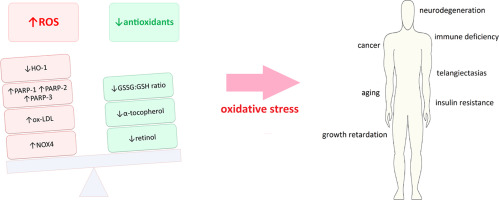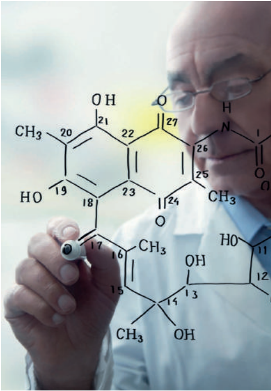Growing media (substrate) is a fundamental part of a green roof, providing water, nutrients and support to plants. However, little research has reviewed how it affects plant performances in different climatic regions. This study aims to analyse published research on green roof growing medium across world's climate zones. Findings are structured according to Köppen–Geiger climate classification, aiming to investigate the prevalence of research conducted in different climate zones. Results from full-scale studies and laboratory or greenhouse experiments were reviewed.
This article aims to contribute to current discussions about “making cities inclusive, safe, resilient, and sustainable” (SDG 11) by linking debates that are currently taking place in separate containers: debates on the “global land rush” and the “new urban agenda”. It highlights some important processes that are overlooked in these debates and advances a new, socially inclusive urbanization agenda that addresses emerging urban land grabs.
Developing-developed world partnerships potentially present win-win opportunities for addressing climate-active gas emissions at lower cost whilst propelling developing nations on a lower-carbon trajectory, as carbon emissions, capture and storage are geographically independent. Expanded PES (payment for ecosystem service) principles provides a framework for assessing the transparency and efficacy of partnerships, tested on the model developed by The Converging World (TCW).
This literature review identifies the impacts of different renewable energy pathways on ecosystems and biodiversity, and the implications of these impacts for transitioning to a Green Economy. While the higher penetration of renewable energy is currently the backbone of Green Economy efforts, an emerging body of literature demonstrates that the renewable energy sector can affect ecosystems and biodiversity.


